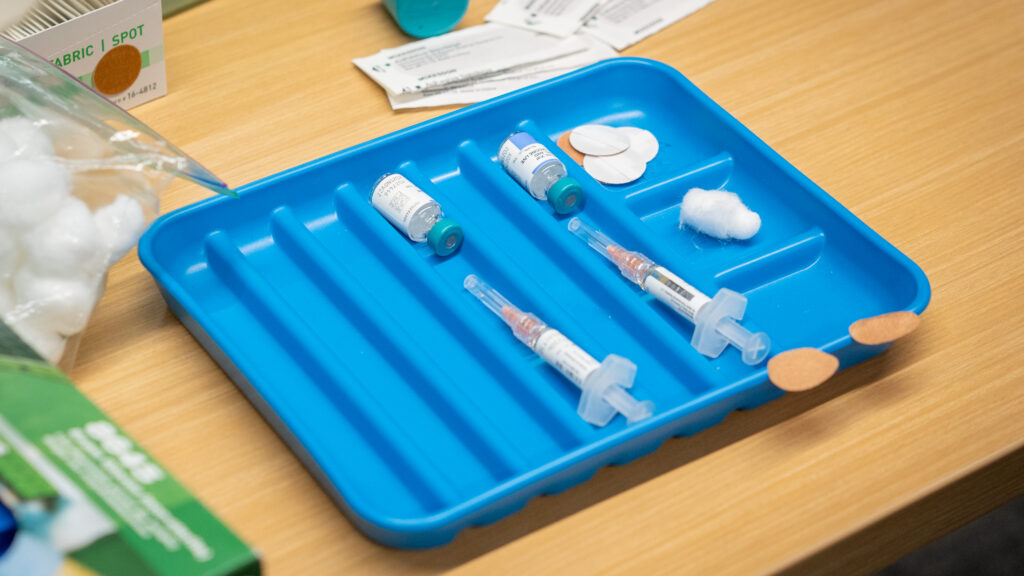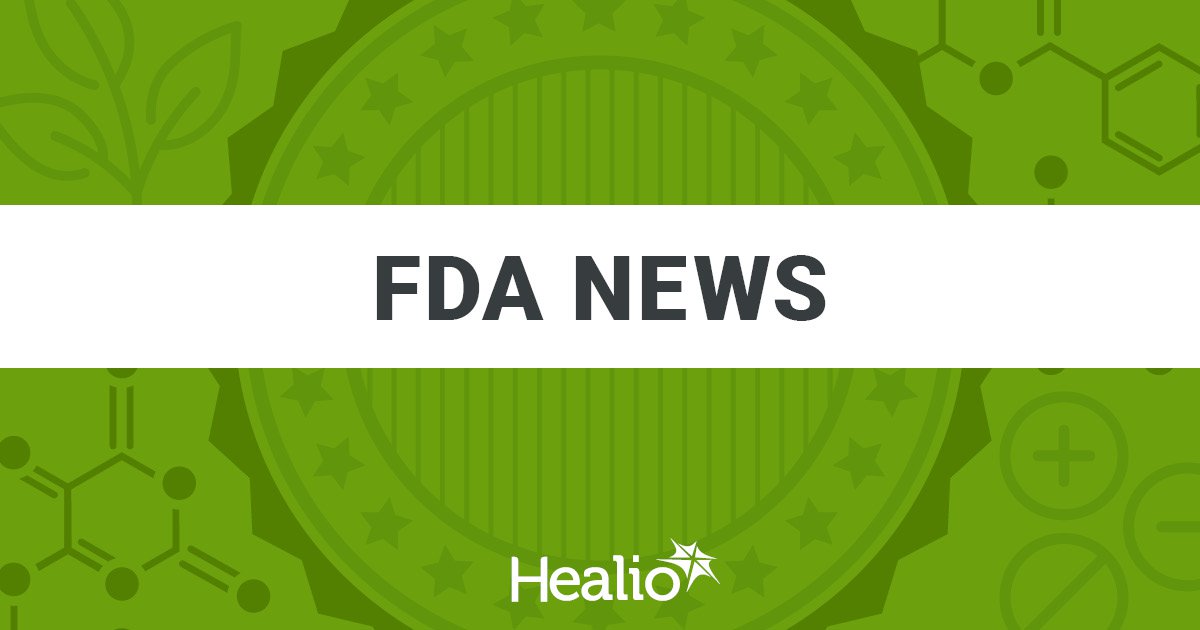Every generation has things they think are beautiful, and for Gen Z, a bright smile is at the top of the list. Teeth whitening is a big part of millennial culture, from viral TikTok hacks to product launches by influencers. But not all trends work and are safe or last. Some make things brighter quickly, while others could hurt the enamel. Knowing which trends to follow and which to stay away from can help you save time, money, and your teeth. The goal isn’t only to have a whiter smile; it’s to have a healthier one.
Hacks for Viral Social Media
Gen Z loves being creative and doing things themselves, but not every online concept is safe for teeth. Some techniques, like cleaning your teeth with baking soda and lemon juice, get popular even if they are bad for you. The acid eats away at enamel, making it sensitive for a long time. Using charcoal toothpaste is another viral tip that gives you a short-term shine but scratches your enamel over time.
Whitening Kits That Are Influencer-Driven
A lot of social media stars show off LED light whitening kits that you may use at home. These tools can work well if you use them right, but the consequences can be very different. The problem comes with products that aren’t regulated. Some have very little active substance, while others are too strong to use safely. Gen Z trusts what their friends say, which is why these kits are so popular. However, it’s always safer to get professional counsel before using them.
Whitening Strips You Get Every Month
Another trend that is rising is subscription businesses that send whitening strips once a month. Gen Z likes how easy it is to get things delivered automatically, and strips can help keep things bright. But using it too much makes it more sensitive, and putting it in the wrong position makes the results uneven. Moderation is important for most whitening procedures.
Natural Choices
A lot of young individuals like “clean” or natural options better. For instance, coconut oil pulling has become popular again as a way to stay healthy. It may help with overall dental hygiene, but it doesn’t really whiten teeth. Even so, the practice appeals to Gen Z’s whole-person way of thinking. Turmeric paste and other natural techniques are available online, but they don’t have a lot of scientific support.
More and more professional options
It’s interesting that Gen Z isn’t avoiding dentist clinics. Many people choose to whiten their teeth in the office before big events like graduations, weddings, or job interviews. These remedies cost more, but they are safer and work better than a lot of viral hacks. This mix between DIY tendencies and professional care illustrates that Gen Z cares about both getting things done and making things easier.
Conclusion
Gen Z is just as excited about teeth whitening as they are about fashion and technology. Social media tricks and influencer kits may be interesting, but they aren’t necessarily good for your enamel. A sensible way to do things is to be careful and get professional advice, which will give you results that last without hurting anything. Experts like Nuffield Dental typically tell patients that whitening should make your smile look better, not worse.
Common Questions
1. Why do people in Gen Z love whitening their teeth so much?
It has to do with confidence, being able to express yourself, and the way social media affects people.
2. Are TikTok teeth whitening hacks safe?
Most do-it-yourself hacks aren’t safe for a long time, especially those that use acidic materials.
3. Do LED whitening kits really work?
Some function okay, but the outcomes rely on how good the product is and how well you utilize it.
4. Does oil pulling work to whiten teeth?
It makes your mouth cleaner, but it doesn’t do much to change the color of your teeth.
5. Should I always choose professional whitening instead?
Professional treatments are not always the best option, but they are the safest and most trustworthy.
Image by cottonbro studio from Pexels
The editorial staff of Medical News Bulletin had no role in the preparation of this post. The views and opinions expressed in this post are those of the advertiser and do not reflect those of Medical News Bulletin. Medical News Bulletin does not accept liability for any loss or damages caused by the use of any products or services, nor do we endorse any products, services, or links in our Sponsored Articles.









